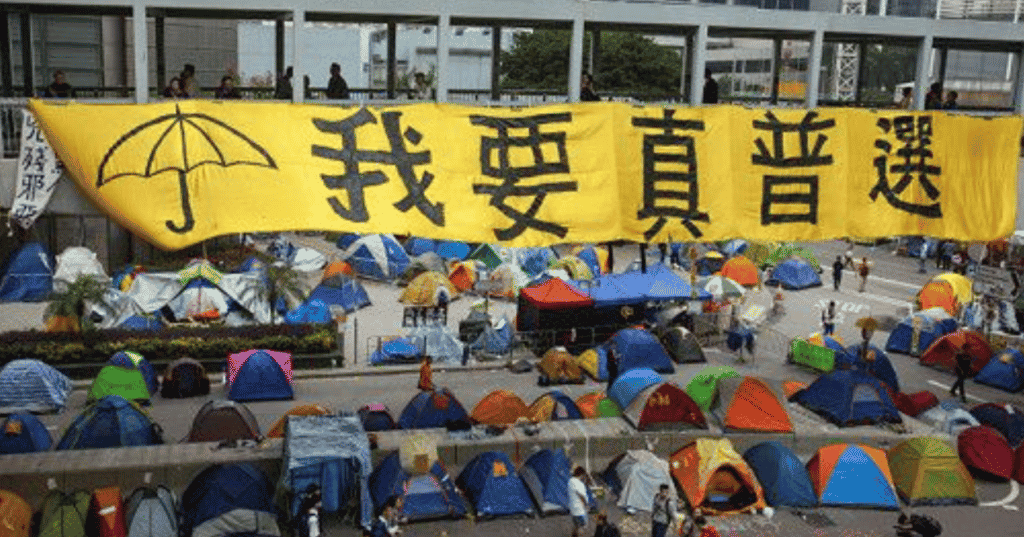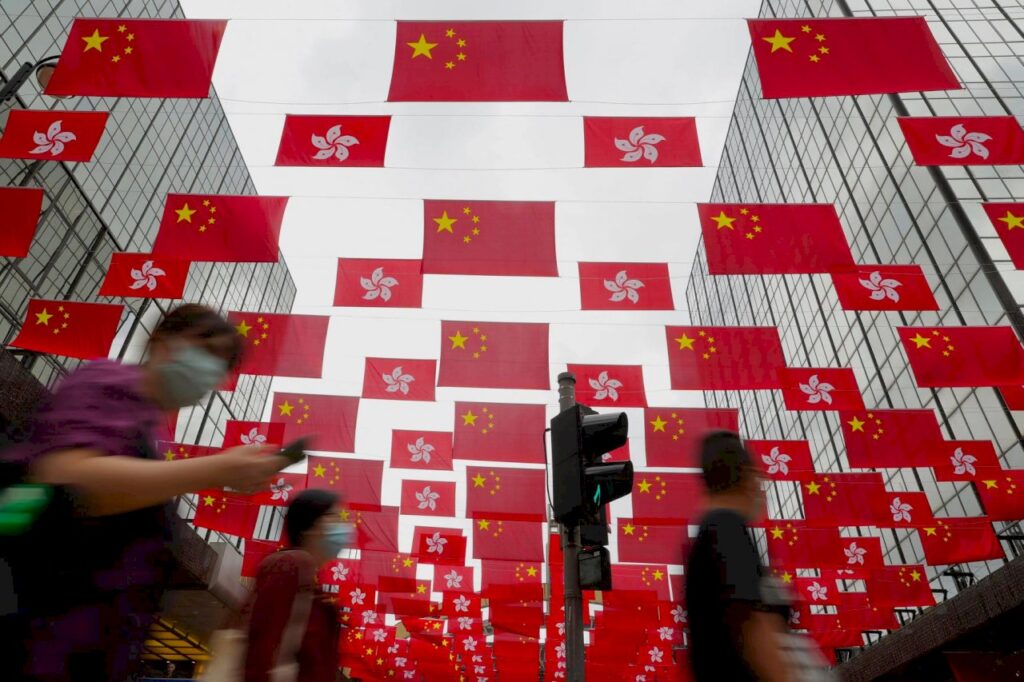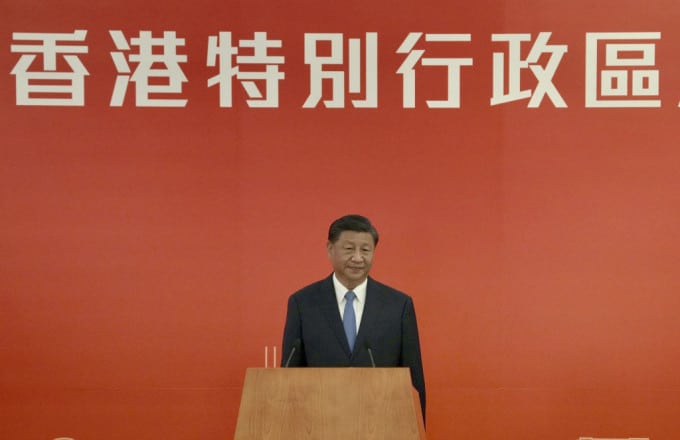The nomination period for the new Legislative Council begins at the end of the month. The pro-democracy camp has been turbulent for many months. It is a foregone conclusion that the Democratic Party will not participate in the election. The Civic Party's path to politics has long been over. Only the traditional pan-democratic People's Political Consultative Conference has yet to express its position. The democratic movement in Hong Kong has only lasted for a few decades. It is very sad to see traditional political parties going from fighting for seats to boycotting elections, getting further and further away from the goal of democracy.
The democratic movement must fight for every inch of ground
The Cleanliness Bureau introduced elections in 1888 and was the first public institution to have elected seats. However, the electorate was only a few hundred people, consisting of jurors and property owners. The post-war City Council also had only two elected members and less than 10,000 voters. The District Council was established in 1982, with only a quarter of the elected seats. The development of democracy was faltering until the British Hong Kong government prepared to leave Hong Kong. In 1985, a representative system of government was implemented and elections at all levels were opened. Before the 1985 mid-term election and the 1991 direct election of the Legislative Council, all seats were still appointed by the government. Later, the last Governor of Hong Kong used his short term of office to carry out rash reforms, canceling all appointed seats and expanding the voter base for indirectly elected seats. As a result, the electoral system after the handover will return to the old way.
Before the electoral system was improved this year, Hong Kong after its return to China had gone through three political reform plans: "Plan No. 5", "Weighting Anchor" and "Package First". Only "Weighting Anchor" was supported and passed by the Democratic Party, allowing the Legislative Council to increase the number of super district council seats. He Ling District Council canceled the appointed seats, but it also earned the Democratic Party the infamy of entering the back room of the Liaison Office of the Central People's Government for negotiations. Later, radicalism rose, and the attitude of democrats towards the central government changed from alienation to confrontation. Social movements lost their platform and tended to become populist. Various strategic errors led to the decline of the democratic movement. The most ironic thing is that, taking advantage of the public sentiment caused by the amendment bill, the traditional pan-democrats and localists came out in droves to overthrow the district councils. When they fought against each other to win the right to qualify for super-district seats, this was actually achieved on the premise that the Democratic Party was willing to communicate with the central government. of.
The new democrats must convince the central government
Speaking of this period of history, I want to tell the story of the past when Hong Kong people fought for every inch of land in the democratic movement. What will happen to the political parties that lose their seats? Singapore’s early examples serve as lessons for the future. The People's Action Party is facing a governance crisis over the merger with Malaysia. A large number of members have defected from the party to form the Socialist Front, threatening Lee Kuan Yew's governance status. Later, Barisan Sosialis chose to strike out of Parliament and gave up the seats, giving the Action Party a resounding victory. Barisan Sosialis has been in decline since then, and its attempt to return to politics in the next election failed. The democratic movement does not allow one political party to dominate the United States. Today, if the democrats give up and collapse, a new party and a new leader will take their place in the future. Just like before the transition period, after the most powerful Reform Association and the Hong Kong Civic Association completed their historical missions, this generation has become very unfamiliar.
Double universal suffrage is a commitment in the Basic Law. In the past, the central government did not close the door to dialogue. Xi Jinping even said that as long as he loves the country and Hong Kong, he is willing to communicate regardless of his political views. Kissinger recalled that when Deng Xiaoping talked about the Tiananmen incident, he said that the West could not see that the other outcome of the incident was not democracy, but total chaos, destroying the achievements of past reforms. It can be seen that the central government is not unwilling to talk about democracy, but development is still the top priority. In the last round of political reform discussions, the then Chairman of the National People’s Congress Zhang Dejiang put it more clearly: “If you don’t have economic strength, you have no right to speak.” Hong Kong’s democratic movement needs new democrats to fight for our right to speak and convince the central government to Practicing democracy can better maintain long-term prosperity and stability, and only in this way can things turn around.
Ray Poon
Co-Convenor (Research), Path of Democracy



